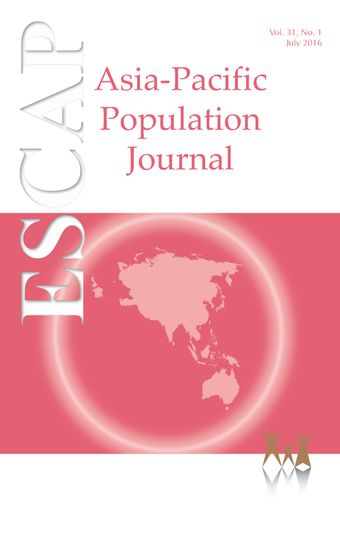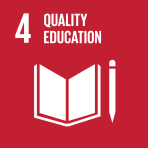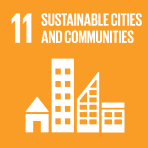-
How does public infrastructure (or lack thereof) affect time use in Mongolia?
- Source: Asia-Pacific Population Journal, Volume 31, Issue 1, Oct 2016, p. 43 - 62
-
- 24 Oct 2016
Abstract
This study examines the impact of access to basic infrastructure such as water supply and sanitation systems on the unpaid work time of women and men in Mongolia. This is particularly important to address the country’s human development goals, given that only one out of five households has piped-in water and inadequate sanitation remains prevalent especially in rural areas. Using the 2011 National Time Use Survey (TUS) of Mongolia that covers 4,000 households across five geographic regions, the study employs the Tobit model to explore the relationship between household access to basic infrastructure and the amount of time spent on collecting water and household work. The results provide empirical evidence on how lack of adequate infrastructure such as water and sanitation systems can impose a greater unpaid work burden on women and lengthens the time required to perform activities related to household survival and social reproduction. The findings are likely to vary across regions and wealth tertiles.
© United Nations





